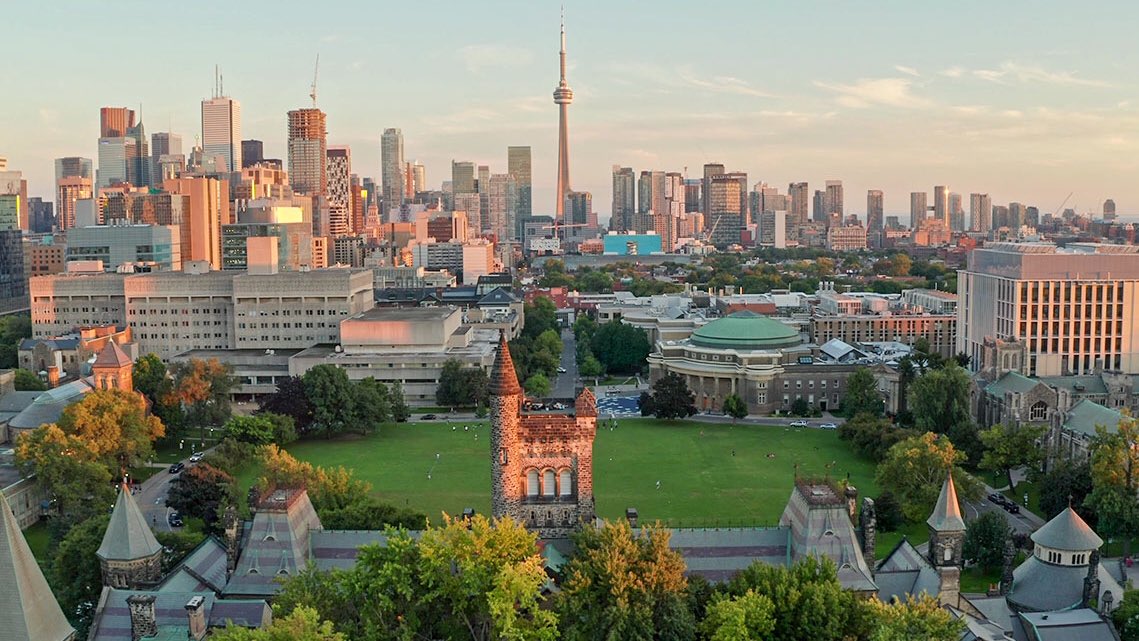New English Tests for Canada Study Visa Under SDS
Are you aspiring to study in Canada and embark on an exciting educational journey? Well, we have some great news for you!
Canada’s immigration system is constantly evolving to make the process smoother and more accessible for international students through SDS.
In this blog post, we’ll delve into the latest updates regarding English language tests for Canada study visas under the Student Direct Stream (SDS) program. Get ready to discover the key details and how these changes can positively impact your study plans.
Understanding the Student Direct Stream (SDS)
Before we dive into the new English tests, let’s quickly familiarise ourselves with the Student Direct Stream (SDS) program. It is a streamlined study permit application process designed for international students from select countries, including India, China, the Philippines, and Vietnam. The SDS program aims to expedite visa processing and ensure a seamless transition for students heading to Canadian educational institutions.
The Latest English Language Test Updates
The Canadian government recognizes the importance of assessing English language proficiency accurately. As of [insert date], Immigration, Refugees and Citizenship Canada (IRCC) has introduced new changes to the accepted English language tests for SDS study visa applications. This update reflects Canada’s commitment to maintaining high standards of language proficiency among international students.
Approved English Language Tests
Under the new guidelines, applicants applying through the SDS program can submit the following English language test results:
Test of English as a Foreign Language (TOEFL): iBT (Internet-based Test)
International English Language Testing System (IELTS): Academic module
Canadian English Language Proficiency Index Program (CELPIP): General test
Minimum Score Requirements
To qualify for the SDS program, applicants must achieve the minimum required scores in each language skill category. These scores may vary depending on the program and institution you are applying to. It’s crucial to check the specific requirements set by your desired Canadian educational institution to ensure you meet the criteria.
Benefits of the New English Tests
The updated English language tests provide several advantages for prospective students. Firstly, it offers more flexibility by accommodating different test formats and preferences. Secondly, these tests are widely recognized and accepted by Canadian universities and colleges. Lastly, the revised guidelines ensure fairness and accuracy in evaluating language proficiency, enabling students to showcase their abilities effectively.
Preparation Tips for English Language Tests
Preparing for English language tests can significantly enhance your chances of achieving the desired scores. We provide some useful tips and resources to help you ace your language proficiency exams and boost your study visa application.
Embarking on a study adventure in Canada is an incredible opportunity for personal and academic growth. With the latest updates to the English language tests under the SDS program, the application process has become even more accessible and streamlined. By staying informed about these changes and adequately preparing for the tests, you can confidently take the next step towards your dream of studying in Canada
Remember, always check the official Immigration, Refugees and Citizenship Canada (IRCC) website and consult with educational institutions for the most accurate and up-to-date information on study permit requirements and application procedures.
Happy studying and best of luck with your Canadian education journey!




























![alt[]](https://oblivionservices.ca/wp-content/uploads/2022/10/pexels-harrison-haines-5923271-scaled.jpg)






